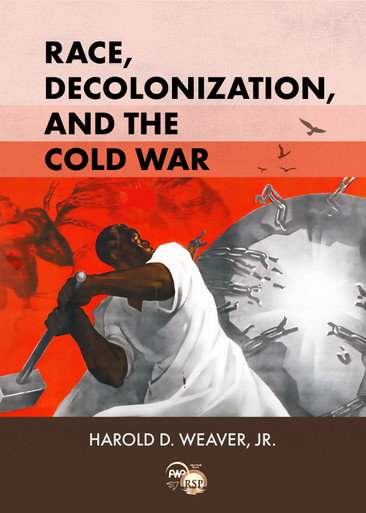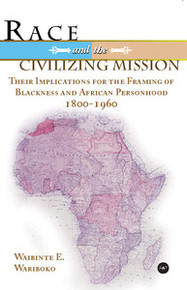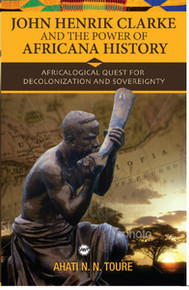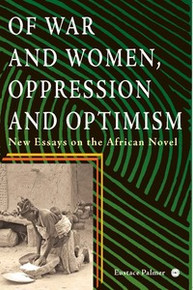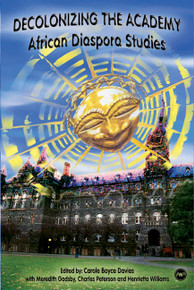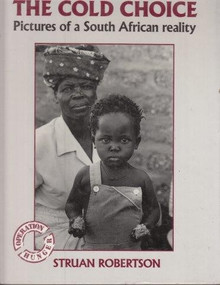Categories
Categories
Authors
Authors
- Home
- Development Studies
- Race, Decolonization and the Cold War: African Student Elites in Moscow, 1955-1964
Race, Decolonization and the Cold War: African Student Elites in Moscow, 1955-1964
Race, Decolonization and the Cold War: African Student Elites in Moscow, 1955-1964
Product Description
African Student Elites in Moscow, 1955-1964
At the height of Africa's decolonization, as new nations and their young leaders
emerged with a passion for models of independence and self-determination, the Soviet
Union became a key destination for study. In this unique review of African-Soviet
relations, Harold Weaver serves as both researcher and personal witness, guiding the
reader through the nuanced terrain of students seeking models of effective, radical
change. Offering valuable insights to the history and current processes of development
and peace, Race, Decolonization, and the Cold War reveals a piece of the past that
spotlights significant lessons for the future.
**
Prof. Harold D. Weaver, Jr.'s brilliant and transformative study of the education of sub-Saharan-
African post-colonial elites in the Soviet Union explores that wrongly neglected phenomenon
with profound insight, impeccable and exhaustive research, and a spirit of intellectual sobriety
that does not bow to lingering Cold War prejudices.
-Mark Solomon, Prof. of History Emeritus, Simmons University, Boston (from the
Foreword)
This book consistently, deeply, and knowledgeably reveals to the reader the main aspects of its
important and interesting topic. What makes the book a real gem, is that its author,
Harold Weaver, witnessed much of what he writes about, and knew personally many people of
those mentioned on the book’s pages. Due to this, the reader can feel the vibrant atmosphere of
the great time of African decolonization.
-Dmitri M. Bondarenko, Russian Academy of Sciences, Moscow
Much about the fascinating encounter between postcolonial Africa and the communist
superpower was obscured by the fog of the Cold War. Weaver expertly cuts through ideological
obfuscations and simplistic propaganda narratives to reveal one of the central yet rarely
recognized stories of that period. What makes this book particularly valuable and will ensure its
relevance to generations of students is the author’s personal involvement in the historical events
he sets out to analyze. Professor Weaver has written a book, one of those rare works of
scholarship, where the author is also an invaluable primary source.
-Maxim Matusevich, Professor and Chair, Department of History, Seton Hall University
**
Harold (Hal) D. Weaver is an Associate at Harvard University’s Hutchins Center for
African and African American Research, and the Davis Center for Russian and Eurasian Studies.
From his early experience in Communist Moscow as a member of an official USSR-USA young
adult exchange group, Hal has been a lifelong cultural ambassador. He has traveled the world
breaking down barriers and building bridges between cultures, often using film as the medium through The Black Film Project and the China-Africa-Russia Project. A pioneer in Africana
studies, he founded and chaired the Africana Studies Department at Rutgers University.
Weaver is also a leading activist-scholar within the Religious Society of Friends. One of the
fruits of his Friend’s ministry, The Black Quaker Project, was the publication of Black Fire:
African-American Quakers on Spirituality and Human Rights (2011), which Hal edited with
Paul Kriese and Stephen W. Angell. A member of Wellesley Friends Meeting, Hal is active
locally, regionally, nationally, and internationally among Quakers, having served in governance
roles with the Quaker United Nations Office, the American Friends Service Committee, Pendle
Hill, Cambridge Friends School, and the Friends World Committee for Consultation.
This titles is part of the new Africa World Press Africa Peace Studies Series
https://africaworldpressbooks.com/beyond-our-current-boundaries-peace-studies-from-africa-and-the-global-south-by-matt-meyer/
 Loading... Please wait...
Loading... Please wait... 
